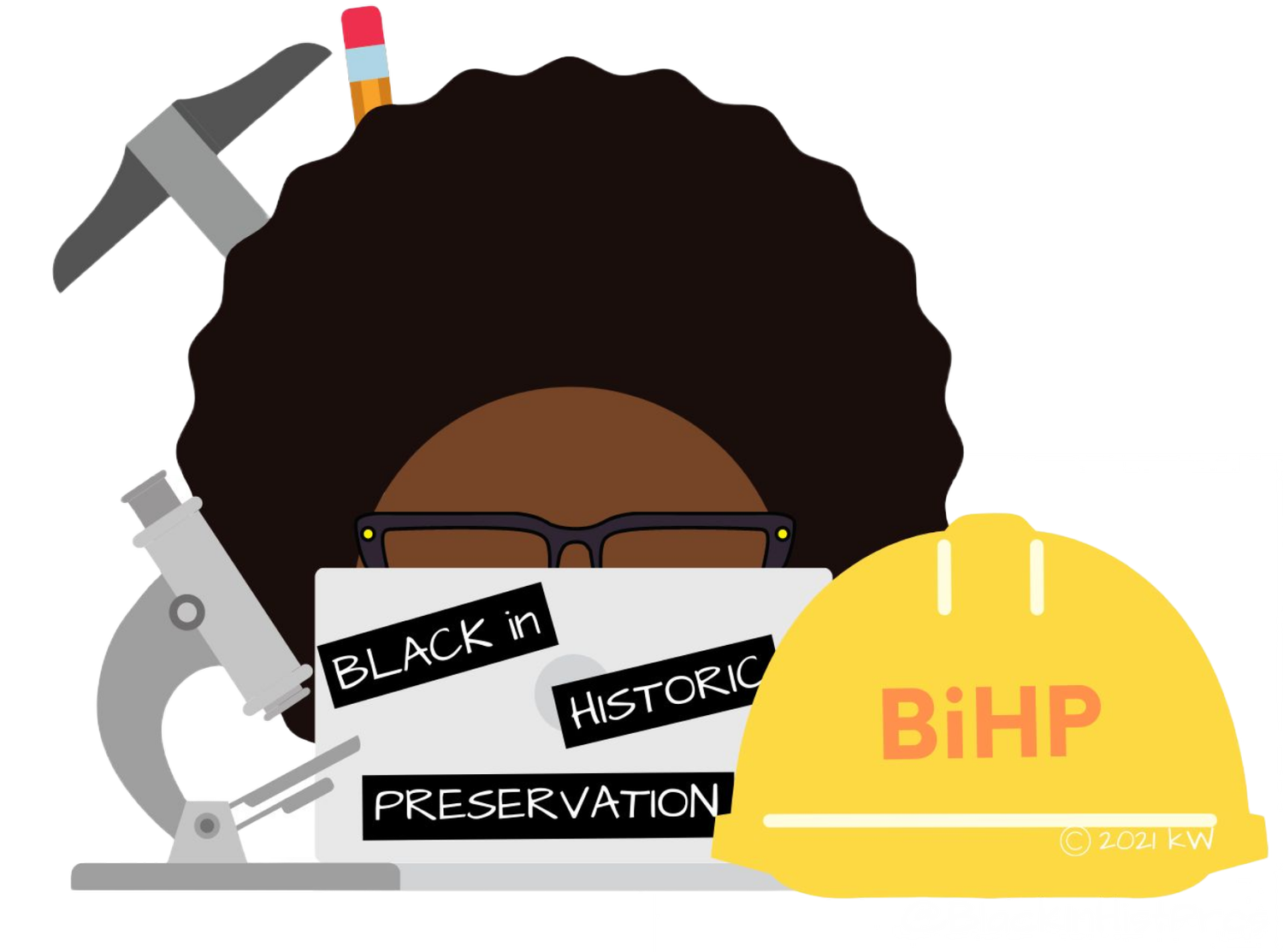Our Community Agreement
In support of a community of reciprocal care and respect, Black in Historic Preservation practices the following Community Agreement and expects members, supporters, presenters, and attendees of its events to do the same. Thank you.
-
1- Do No Harm.
We address issues without attacking people’s identities. We hold a zero-tolerance policy towards anti-Blackness, racism, sexism, xenophobia, fatphobia, transphobia, ableism, ageism, and hate speech.
-
2- We lead ourselves before we lead others.
We address issues without attacking people’s identities. We hold a zero-tolerance policy towards anti-Blackness, racism, sexism, xenophobia, fatphobia, transphobia, ableism, ageism, and hate speech.
-
3- One Mic–Practice Active Listening.
We allow others to speak and complete their statements and do not interrupt. Listen to understand before you make yourself understood: practice making generous assumptions about the other. We balance between listening and speaking. This practice is also known as take space, make space.
-
4- What’s said here remains here–What’s learned here leaves.
We might all talk in general terms with others about the ideas we share in our discussions, but we will not attribute specific statements to specific people without their consent.
-
5- We feel and reveal our feelings.
We hold space to allow each other to sit with our emotions. We do not pretend to know the breadth or depth of another person’s feelings or the most fruitful direction for their thoughts.
-
6- We embrace multiple truths.
We speak our truth from our perspective while seeking to understand truths that are different from ours. We embrace the complexity of being human and accept different perspectives and lived experiences. This practice is a practice of grace.
-
7- We commit to generative conflict in which we all “win.”
We see conflict as an opportunity. We lean into discomfort—we clarify, collaborate, and grow.
-
8- We collaborate in the spirit of reciprocal learning, teaching, accountability, grace, growth, and fun.
We will not blame ourselves or others for getting something wrong on the first try. This practice is grace. Instead of asking, “Who’s to blame?” We own our impact and ask, “What can we learn from this?” After we have learned new information, however, we will hold ourselves and others accountable.
